South Korea Declares State Of Emergency: Internet And Media Shut Down
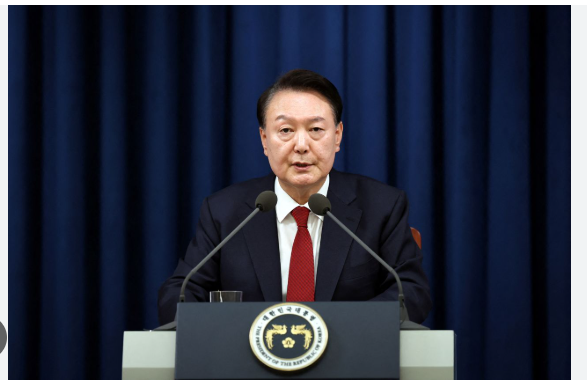
In an unprecedented move, South Korean President Yoon Suk Yeol has declared a state of emergency, halting media operations and imposing nationwide restrictions. This marks the first such declaration in South Korea since its transition to democracy, sparking global concern over the country’s political direction.
President Yoon justified the decision as necessary to combat what he described as anti-state forces allegedly linked to North Korea. He emphasized the need to preserve South Korea’s constitutional order amidst what he called an existential threat to the state.
Unprecedented Media and Internet Shutdown
As part of the emergency measures, South Korea has effectively shut down internet access and placed media outlets under military oversight. Key points of these restrictions include:
- Media Censorship: All forms of media, including television, newspapers, and online platforms, have been suspended or brought under strict government control.
- Internet Blackout: Access to online communication and social media platforms has been curtailed, silencing dissent and stifling the flow of information.
- Suspension of Parliament: The shutdown extends to legislative activities, halting all parliamentary functions indefinitely.
Impact on South Korea’s Democracy
The measures have drawn sharp criticism both domestically and internationally, with many viewing them as a step backward for South Korea’s democratic values. Concerns include:
- Erosion of Freedoms: The restrictions have raised fears of a return to authoritarian rule, reminiscent of South Korea's pre-democratization era.
- Economic Repercussions: The shutdown could disrupt businesses reliant on internet access and media, particularly in South Korea’s tech-driven economy.
- Global Image: South Korea, often seen as a democratic and technological leader, risks damaging its international reputation.
What’s Next?
While President Yoon argues that these measures are temporary and necessary to stabilize the nation, the long-term implications remain unclear. Questions are being raised about the balance between national security and civil liberties, and whether this decision could set a precedent for future governance.
Observers worldwide are closely monitoring the situation, as South Korea’s state of emergency could significantly impact not only its citizens but also its role on the global stage.
Stay tuned for more updates on this developing story as South Korea navigates one of the most challenging moments in its modern history.












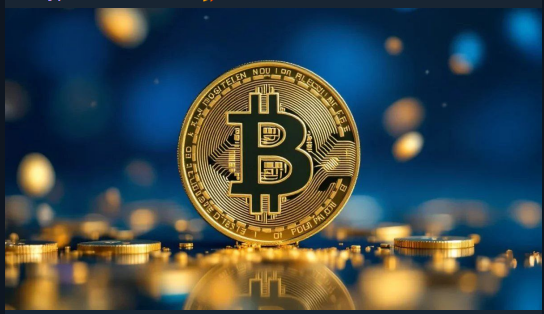


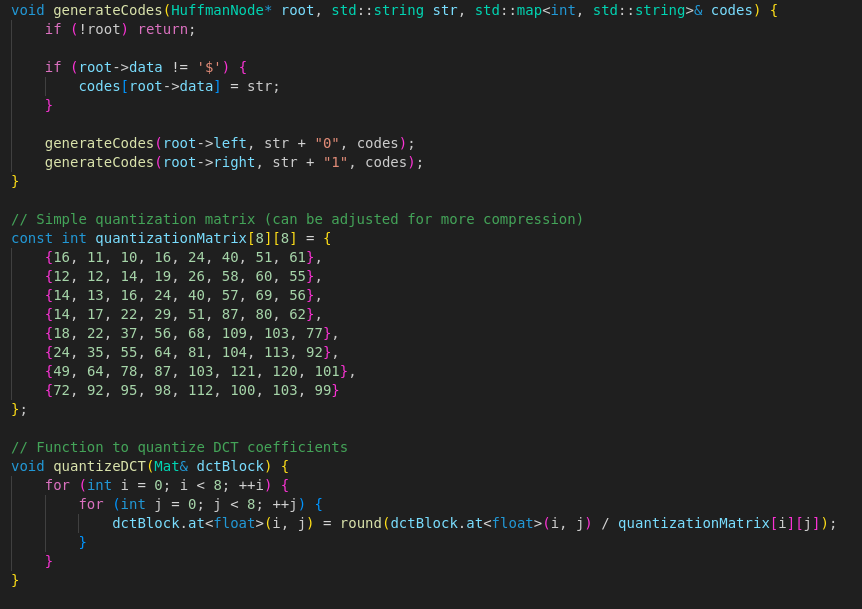


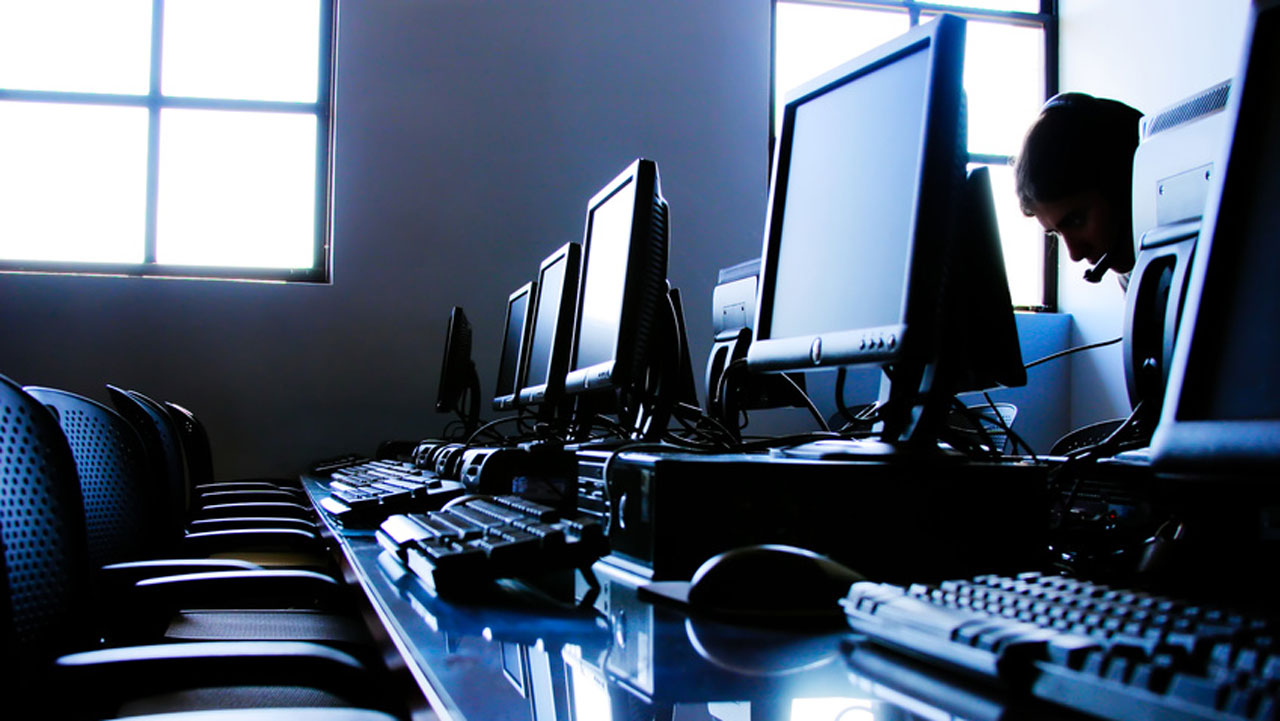

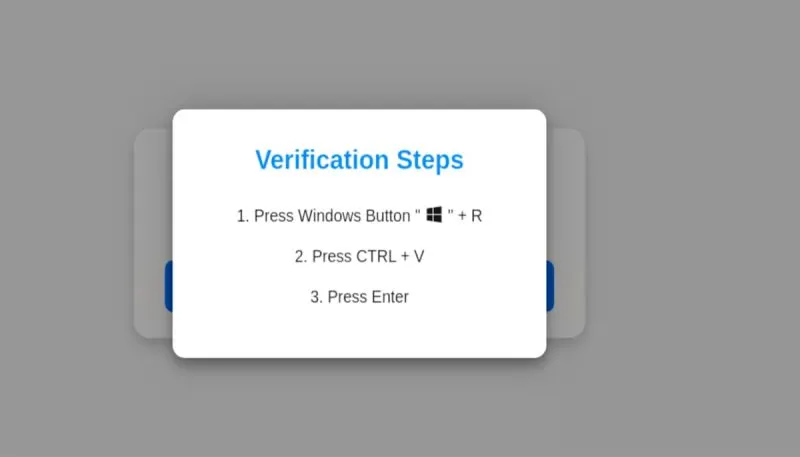
Comments